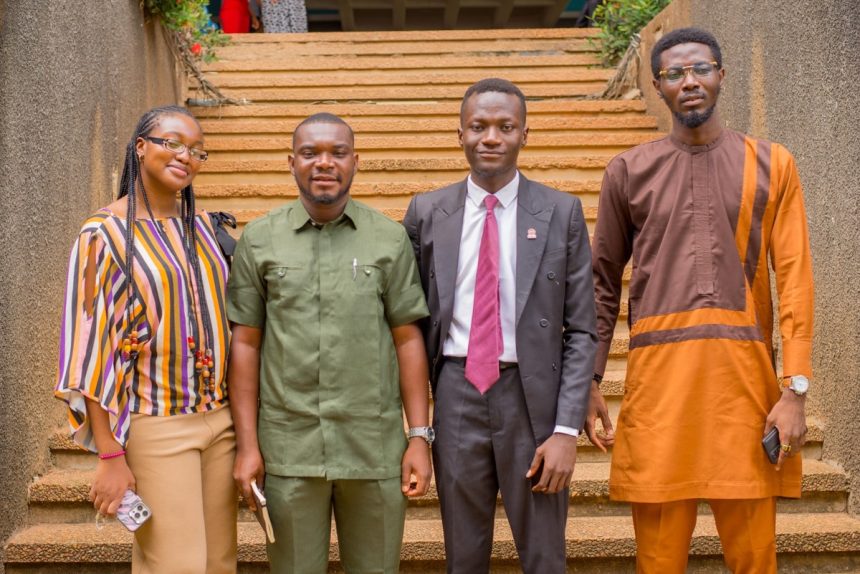Stakeholders have charged Nigerians on the understanding and limitations surrounding the implementation of the Freedom of Information Act in Nigeria.
This was discussed on Friday, during a summit organised by the Obafemi Awolowo University chapter of the Socio-Economic Rights Accountability Project (SERAP) Accountability Club (SAC OAU), which had a lawyer, a journalist, a sustainable development advocate, and students from the Faculty of Law and others departments in attendance.
The theme of the event, which centred on the “Freedom of Information” (FOI) featured an interactive session, panel discussion, parliamentary debate and poetry rendition.
Speaking during the interactive session virtually, the Legal Advisor of SERAP, Barrister Oluwakemi Oni, who titled her address “Your Right to Information to Demand Transparency, Promote Accountability and Fight Against Corruption”, focused on the rights of individuals in accessing information held by the government and public institutions. Barrister Oni, emphasised that the Freedom of Information (FOI) Act 2011, was enacted to promote a democratic culture, practice, and transparency in government institutions.
According to her, “the FOI Act affords everyone the right to elicit information from the government, as stated in Section 39 of the 1999 Constitution of the Federal Republic of Nigeria, as amended.”
She cited instances of how the FOI Act affects the government, the importance for the Act, the practical ways of requesting information under the FOI Act, the expected timeframe for information requests, the types of records one can request from the government, the associated charges, and what to do if access to information is denied, among other impactful discussions.
Moderated by Nifemi Olalekan and Temilolaoluwa Oyedero, the panel session had Mr Bioluwatife Akinyemi, a journalist and a human rights activist, Mr Joshua Oyebode, engaged in a discussion on how the FOI Act can be implemented by students and members of the public.
Akinyemi, who reports for the Nigerian Tribune, spoke on the importance of getting Nigerians at all levels aware of the FOI Act, the implications of adopting it in news writing to achieve a balanced reportage and avoid the spraed of propaganda, as well as how the Act protects reporters and whistleblowers – sharing field experiences.
Oyebode, coordinator, supporter’s group of Amnesty International, Osun State, explains the limitation surrounding the Act from a legal perspective. The law graduate from OAU harped on how the Act cannot be implemented on national security matters and private lives of individuals, stating the legal implications attached.
Offering insights into practical ways activists and student journalists can incorporate the FOI Act into their activities without hampering their academics, safety, and general well-being, Akinyemi suggested consistent engagement of the press and civil societies through writing of op-eds, and other legally acceptable means; while Oyebode called for collaborative efforts always when the need arises for an individual.
In his remark, the coordinator, Yusuf Mathew, “the event was organised to create awareness for Freedom Of Information Act 2011 on OAU campus and to enlighten students on their fundamental right to access public information, from whom and how to make effective requests and leverage on the acquired data for advocacy.”
READ MORE FROM: NIGERIAN TRIBUNE






